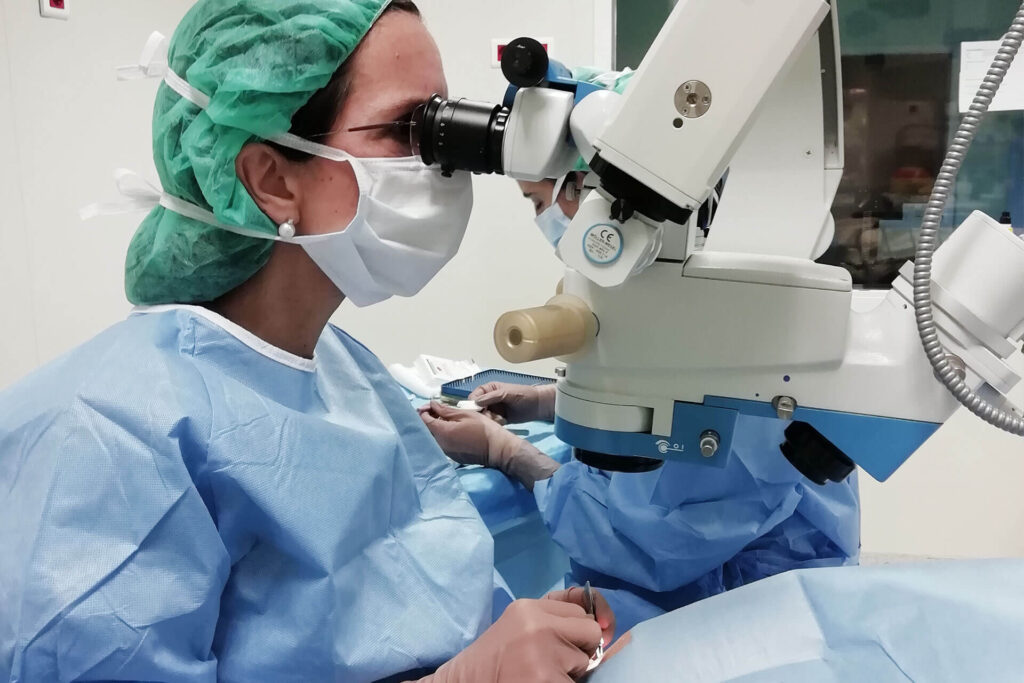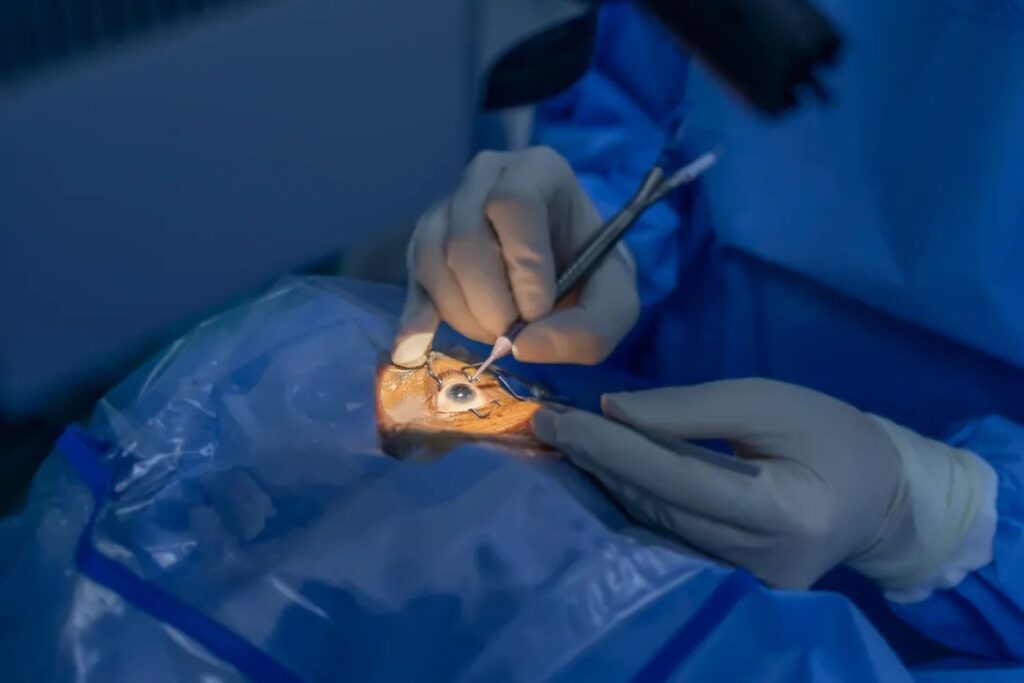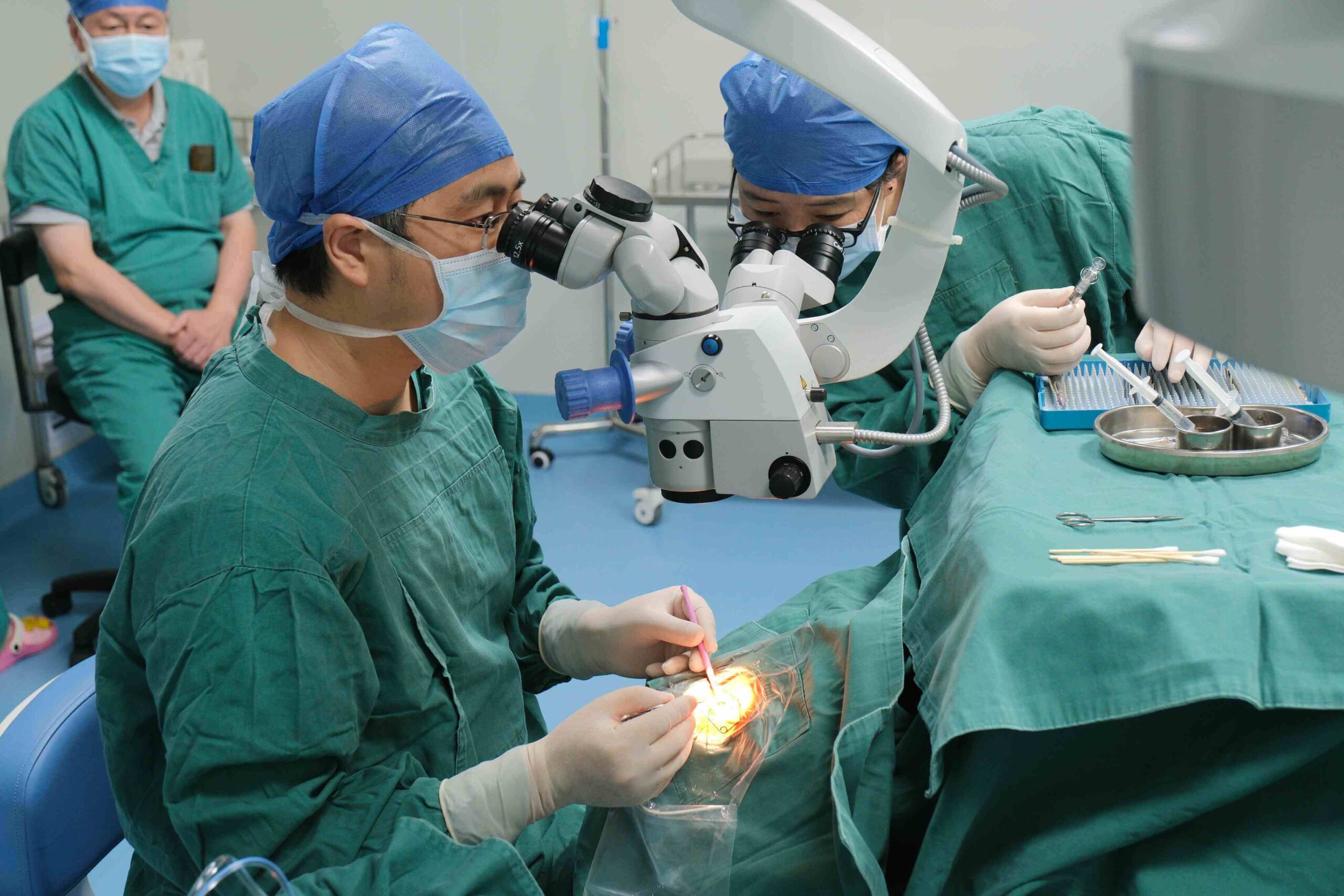Glaucoma surgery is a pivotal treatment for individuals battling this progressive eye condition. While it can significantly preserve vision, it often raises many questions among patients. This article aims to provide clear and comprehensive answers to some of the most common queries about glaucoma surgery and recovery, ensuring readers feel informed and prepared.
What Is Glaucoma Surgery?
Glaucoma surgery involves medical procedures designed to reduce intraocular pressure (IOP) in the eye. High IOP is the primary cause of optic nerve damage in glaucoma patients, which can lead to vision loss. Surgical intervention becomes essential when medications or laser treatments fail to achieve desired results.
There are several types of glaucoma surgeries, including trabeculectomy, glaucoma drainage devices, and minimally invasive glaucoma surgery (MIGS). Each procedure is tailored to the patient’s condition, offering a personalized approach to managing this chronic eye disease.
Who Needs Glaucoma Surgery?
Not all glaucoma patients require surgery. Generally, surgery is recommended when:
- Medications and laser treatments no longer control IOP.
- Vision continues to deteriorate despite treatment.
- The patient experiences intolerable side effects from other therapies.
In severe cases where damage to the optic nerve is extensive, surgery may be the best option to halt further progression of vision loss. Understanding the need for surgery early on can significantly improve outcomes.

How Does Glaucoma Surgery Work?
The goal of glaucoma surgery is to reduce eye pressure by improving fluid drainage or decreasing fluid production. Procedures like trabeculectomy create a new drainage pathway, while drainage devices insert tiny tubes to redirect fluid. Advanced techniques, such as MIGS, involve smaller incisions and quicker recovery times, making them increasingly popular among patients.
What Should I Know About “Glaucoma Symptoms Floaters”?
Before considering surgery, many patients report experiencing symptoms like floaters, flashes of light, or blurred vision. While floaters are common and not always a cause for concern, their presence alongside glaucoma symptoms may indicate other underlying eye conditions.
It’s important to discuss these symptoms with your ophthalmologist to ensure a thorough diagnosis. Proper evaluation can help determine if surgery is the right course of action or if additional treatments are required.
What Are the Risks and Benefits of Glaucoma Surgery?
Benefits
- Pressure Reduction: Surgery effectively lowers IOP, reducing the risk of further optic nerve damage.
- Vision Preservation: While it doesn’t restore lost vision, it can prevent future loss.
- Medication Reduction: Many patients require fewer medications post-surgery.
Risks
- Infection: There’s a small chance of infection following surgery.
- Vision Changes: Some patients experience temporary blurriness.
- Scarring: Scar tissue can sometimes obstruct drainage pathways.
Understanding these risks and benefits helps patients make informed decisions about their care.

How Should I Prepare for Glaucoma Surgery?
Preparation is crucial for successful surgery. Here’s what patients should do:
- Discuss Medications: Inform your doctor about any medications or supplements you’re taking.
- Follow Pre-Surgery Instructions: Your doctor may advise stopping certain eye drops or medications.
- Arrange Post-Surgery Support: Since vision may be temporarily affected, arrange for transportation and assistance during recovery.
Proper preparation ensures a smoother surgical experience and faster recovery.
What Happens During Recovery?
The recovery process varies depending on the type of glaucoma surgery performed. Typically, patients can expect the following:
Immediate Post-Surgery Period
- Mild discomfort, redness, or sensitivity to light is normal.
- Protective eye shields may be required for a few days.
- Antibiotic or anti-inflammatory eye drops will be prescribed to prevent infection and inflammation.
Long-Term Recovery
- Vision may fluctuate for several weeks.
- Regular follow-up appointments are essential to monitor IOP and healing progress.
- Avoid strenuous activities and heavy lifting for at least a month.
How Effective Is Glaucoma Surgery?
The success of glaucoma surgery largely depends on the patient’s condition and adherence to post-surgical care. Studies show that most surgeries significantly lower IOP, with trabeculectomy achieving long-term success in up to 80% of cases. However, the effectiveness may decline over time, requiring additional treatments.
Can Glaucoma Surgery Cause Side Effects?
While rare, some patients experience side effects like:
- Dry eyes or excessive tearing.
- Eye pressure that’s too low (hypotony).
- Bleeding inside the eye.
These issues are typically manageable with prompt medical attention, making regular follow-ups vital.

What Lifestyle Changes Can Aid Recovery?
Adopting healthy habits post-surgery can accelerate recovery and protect vision. Key changes include:
- Balanced Diet: Incorporate leafy greens, omega-3 fatty acids, and vitamins A and C to support eye health.
- Stress Management: Practices like meditation and yoga can improve overall well-being.
- Regular Exercise: Low-impact activities enhance circulation and promote healing.
When Can Normal Activities Resume?
Most patients can return to light activities within a week, but strenuous tasks should be avoided for a month. Always follow your doctor’s advice regarding specific restrictions.
How Does Glaucoma Surgery Impact Daily Life?
Post-surgery, many patients experience improved quality of life due to stabilized vision and reduced reliance on medications. However, regular check-ups remain crucial to ensure long-term success.
Conclusion
Glaucoma surgery offers a lifeline for individuals at risk of significant vision loss. By addressing common questions about the procedure, risks, and recovery, this article aims to empower readers with valuable knowledge. Patients should consult their ophthalmologist to discuss their unique needs and ensure the best outcomes.
For those experiencing early signs of glaucoma, such as floaters or flashes of light, seeking prompt evaluation is essential. Remember, understanding “glaucoma symptoms floaters” can lead to earlier interventions and better management.
With proper care and guidance, glaucoma surgery can safeguard vision and enhance quality of life for years to come.

